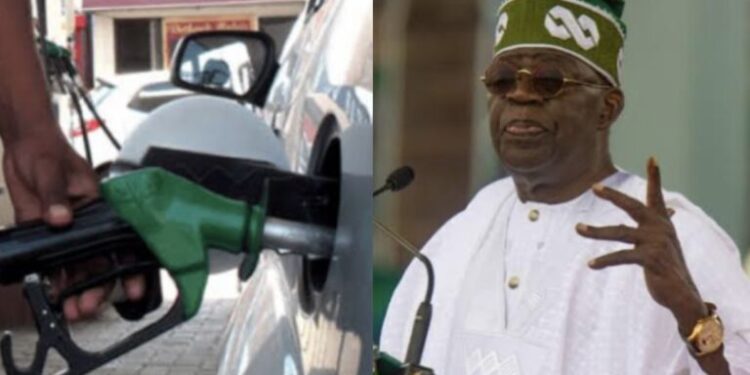In the wake of Nigeria’s landmark decision to remove fuel subsidies, the country’s petrol imports have seen a significant decline in the second quarter of 2023. BusinessDay’s analysis of data from the National Bureau of Statistics reveals a notable drop of 17.5 percent, with petrol imports decreasing from N1.49 trillion in Q1 to N1.23 trillion.
The removal of the subsidy, announced by President Bola Tinubu on May 29, marked the beginning of a series of reforms aimed at addressing Nigeria’s economic challenges. This move is expected to yield substantial savings, potentially up to N11 trillion ($2.6 billion) in 2023, according to estimates from the World Bank in June. These savings will help alleviate the growing government deficit.
Furthermore, the removal of the subsidy has had a direct impact on petrol consumption in Nigeria. The Nigerian Midstream and Downstream Petroleum Regulatory Authority reported a decline in daily petrol consumption, dropping from 64.96 million litres in previous months to 52 million litres in July.
While these changes represent a positive shift towards fiscal responsibility, they have not been without consequences. European refiners have felt the effects of reduced petrol imports from Nigeria. The Organization of the Petroleum Exporting Countries (OPEC) noted in its latest monthly report that the European market recorded weaker exports to West Africa in August due to declining fuel demand in Nigeria.
OPEC’s report stated, “Gasoline crack spreads in Rotterdam increased, benefitting from exports of gasoline to the US, although gasoline exports to West Africa were reported to have declined by around 28 percent following the fuel subsidy removal in Nigeria.”
The subsidy removal has also curtailed the smuggling of petrol to neighboring countries, such as Benin Republic. The price hikes in Nigeria have led to significant increases in the cost of smuggled gasoline in Benin, raising concerns about inflation in the region.
Additionally, the rising global oil prices have added to the challenges faced by Nigeria. Brent crude, the international benchmark for oil prices, stood at $92.15 per barrel on Wednesday, compared to an average of $86.15 per barrel a month earlier. The ongoing increase in oil prices has contributed to higher petrol import costs for Nigeria.
Joseph Obele, chairman of the Independent Petroleum Marketers Association of Nigeria, Rivers State Chapter, highlighted the difficulties faced by importers due to the scarcity of dollars. He urged the Federal Government to expedite the planned rehabilitation of the nation’s refineries to help mitigate these challenges.
Dolapo Kotun, deputy chairman of the Crude Oil Refinery Owners Association of Nigeria, spoke about the capacity of domestic refineries to meet consumption needs. He pointed out that modular refineries are currently operating below capacity and incurring daily losses due to the limited availability of feedstock.
While the removal of fuel subsidies has triggered significant changes in Nigeria’s petrol imports and consumption, the country continues to grapple with the complex dynamics of its energy sector, including the need for refinery rehabilitation and efforts to secure a stable supply chain.










